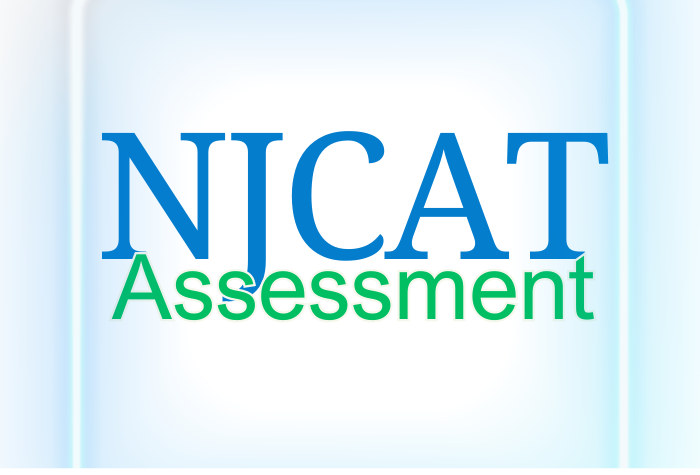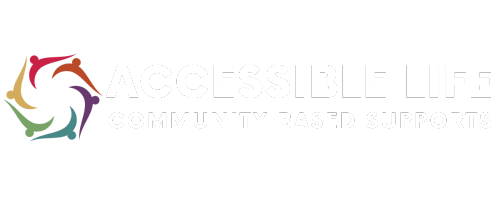Supported Employment is a key service offered by New Jersey’s Division of Developmental Disabilities (DDD) as part of the Supports Program. It is designed to help individuals with intellectual and developmental disabilities find and maintain meaningful employment in the community. This service plays a vital role in promoting independence, self-sufficiency, and social inclusion for individuals who are ready to enter or return to the workforce.
Here’s a detailed look at what Supported Employment involves, how it works, and how individuals in New Jersey can benefit from it through the DDD Supports Program.
What Is Supported Employment?
Supported Employment is a service that provides individuals with disabilities the assistance they need to obtain, maintain, and thrive in competitive, integrated employment settings. The service is person-centered and tailored to meet the unique needs of each individual, helping them gain valuable skills, experience, and job opportunities in real-world settings. The overarching goal of supported employment is to facilitate long-term employment and independence in the community.
The Supported Employment service may include:
- Job Coaching: One-on-one assistance in developing the skills needed for specific job tasks.
- Job Placement: Help in finding appropriate job opportunities that match the individual’s abilities and career interests.
- On-the-Job Support: Continued support in the workplace to help the individual adjust to their role, follow workplace procedures, and meet expectations.
- Career Planning: Ongoing assistance in identifying career goals and developing a plan to achieve them.
- Employment-Related Transportation: Help in securing reliable transportation to and from work, if needed.
Supported Employment helps individuals not only secure a job but also keep that job by providing ongoing assistance tailored to their work environment.
How Supported Employment Works in the DDD Supports Program
The Supports Program is one of the Medicaid waiver programs offered by DDD for individuals who live at home or in community settings. It provides funding for various services that support independence, including employment services. Supported Employment falls under this umbrella, and eligible individuals can access this service to pursue employment opportunities that suit their interests and skills.
Here’s how it works:
-
Assessment and Service Planning: Supported Employment begins with a thorough assessment of the individual’s skills, interests, and employment goals. This is part of the development of the Individualized Service Plan (ISP), which outlines the services and supports needed to help the person achieve their employment and other life goals. The assessment helps determine the level of support required for job success, such as job coaching, skills training, or workplace adaptations.
-
Job Search and Placement: Once the individual’s goals and skills are understood, the Support Coordinator works with employment specialists to find appropriate job placements. This could involve exploring industries or specific employers that match the individual’s preferences and abilities. The goal is to find competitive, integrated employment, meaning jobs where individuals with disabilities work alongside people without disabilities, earning the same wages and benefits.
-
Job Coaching and On-the-Job Support: After securing employment, individuals may receive job coaching to help them adjust to their new role. Job coaches provide hands-on assistance, helping the individual learn job tasks, navigate workplace relationships, and understand workplace expectations. The amount of coaching is tailored to each person’s needs and can gradually reduce over time as the individual becomes more independent.
-
Ongoing Support and Career Growth: Supported Employment doesn’t stop once a job is secured. It provides ongoing support to ensure job retention and career growth. Individuals can continue receiving assistance to solve work-related challenges, improve skills, and explore new career opportunities as their abilities and interests evolve.
“Work is more than just earning a paycheck—it’s about independence, self-worth, and being a valued part of the community. Supported Employment helps individuals with disabilities unlock their potential and create meaningful careers.”
Benefits of Supported Employment
Supported Employment provides a wide range of benefits, not only for individuals with disabilities but also for employers and communities.
-
For Individuals: Supported Employment empowers individuals by helping them earn their own income, develop job skills, and build a sense of pride and accomplishment. It promotes independence, financial stability, and social interaction, allowing individuals to contribute meaningfully to their community.
-
For Employers: Employers benefit from the unique skills and perspectives that individuals with disabilities bring to the workplace. Supported Employment services, including job coaching, make it easier for employers to integrate individuals with disabilities into their workforce, resulting in more inclusive and diverse teams.
-
For Communities: When individuals with disabilities are employed, they contribute to the economy and enrich the social fabric of their communities. Employment helps individuals form social connections, reduce isolation, and engage more fully in their community.
Eligibility for Supported Employment
To access Supported Employment services, individuals must be:
- Enrolled in the DDD Supports Program (or Community Care Program if they have more intensive needs).
- Medicaid-eligible.
- Interested in finding and maintaining competitive employment.
If an individual or their family believes Supported Employment is appropriate, they should work with their Support Coordinator to ensure this service is included in their ISP.
How to Get Started with Supported Employment
- Contact Your Support Coordinator: Discuss employment goals and interests to determine if Supported Employment is a good fit.
- Develop an ISP: Work with the Support Coordinator to include Supported Employment services in the Individualized Service Plan.
- Find a Job Coach or Employment Specialist: The Support Coordinator will help connect individuals with job coaches or employment specialists who can assist with job searches and on-the-job training.
- Explore Job Opportunities: Begin the job search, with support in identifying opportunities and applying for positions.
- Receive Job Coaching and Support: As you begin work, receive job coaching and ongoing support to ensure success in the workplace.
Final Thoughts
Supported Employment through the DDD Supports Program provides individuals with developmental disabilities in New Jersey the opportunity to secure meaningful, competitive employment. By offering job coaching, placement services, and ongoing support, the program empowers individuals to achieve independence, develop valuable skills, and become active contributors to their communities. Families and individuals should work closely with their Support Coordinator to explore all employment options available and ensure the right supports are in place for long-term job success.
For more information, contact the New Jersey Division of Developmental Disabilities or speak with your Support Coordinator about how to access Supported Employment services.




